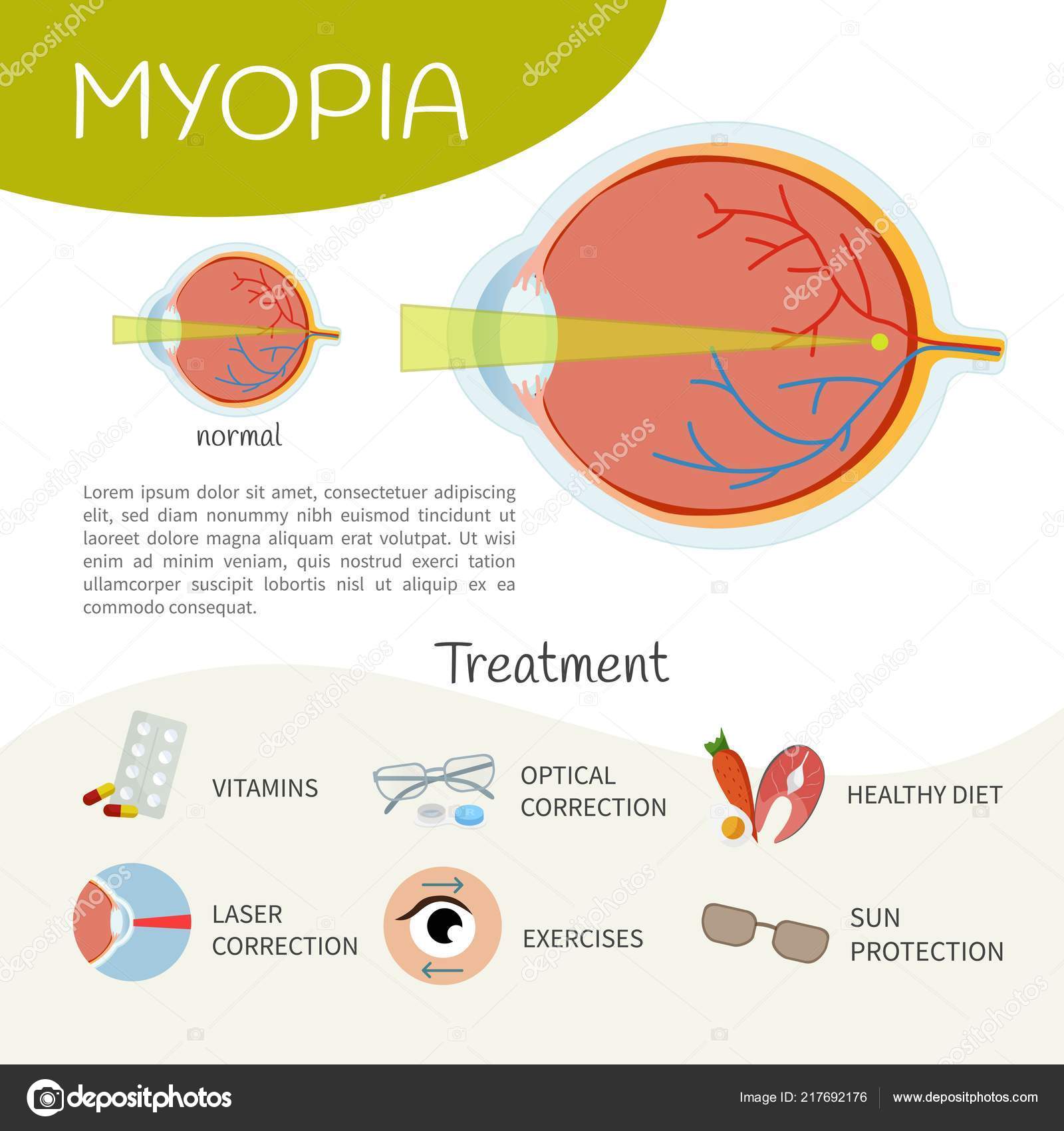Thinking Twice On SMILE Surgical Treatment? Delve Into Crucial Factors To Consider And Understandings To Aid You Make An Informed Choice About Your Visual Future
Thinking Twice On SMILE Surgical Treatment? Delve Into Crucial Factors To Consider And Understandings To Aid You Make An Informed Choice About Your Visual Future
Blog Article
Published By-Craven Reece
If you're considering SMILE eye surgical treatment, contemplate this: are you prepared to accept prospective aesthetic flexibility, or does the thought of any type of dangers make you think twice? Your choice will certainly depend upon a careful balance of evaluating the advantages versus the unpredictabilities. It's vital to delve deeper right into the subtleties of SMILE surgical procedure to make an educated option that lines up with your visual goals.
Comprehending SMILE Eye Surgical Treatment
When taking into consideration SMILE Eye Surgical procedure, it's important to understand the treatment and its advantages. SMILE, which means Little Laceration Lenticule Removal, is a minimally invasive laser eye surgical procedure that deals with common vision troubles like nearsightedness (nearsightedness).
During the treatment, your eye specialist will make use of a femtosecond laser to develop a little laceration in your cornea. With this cut, a little disc of tissue called a lenticule is gotten rid of, improving the cornea and fixing your vision.
Among the crucial benefits of SMILE Eye Surgery is its fast recovery time. Many people experience boosted vision within a day or 2 after the procedure, with very little pain.
Furthermore, 2 weeks after cataract surgery is understood for its high success price in providing long-lasting vision improvement. Unlike LASIK, SMILE does not call for the development of a flap in the cornea, lowering the danger of difficulties and permitting an extra steady corneal framework post-surgery.
Recognizing the procedure and its advantages is important when considering SMILE Eye Surgery for vision correction.
Benefits and drawbacks of SMILE
Considering SMILE Eye Surgical treatment for vision adjustment includes different benefits and prospective drawbacks.
Among the main pros of SMILE is its minimally invasive nature, as it includes a little laceration and typically leads to fast healing times. The treatment is additionally known for creating marginal pain and dry eye signs and symptoms post-surgery contrasted to other vision improvement methods. In addition, SMILE has been revealed to offer exceptional visual outcomes, with numerous patients accomplishing 20/20 vision or much better.
On Recommended Internet page , a prospective disadvantage of SMILE is that it may not appropriate for people with serious refractive mistakes, as the treatment range is rather limited compared to LASIK. An additional consideration is that the discovering curve for surgeons carrying out SMILE can influence the schedule of skilled service providers in certain locations.
It is necessary to weigh these pros and cons carefully when choosing if SMILE is the best selection for your vision improvement demands.
Figuring Out Qualification for SMILE
To establish if you're qualified for SMILE eye surgical treatment, your optometrist will perform a complete assessment of your eye health and vision needs. Throughout this analysis, aspects such as the stability of your vision prescription, the density of your cornea, and the total wellness of your eyes will certainly be analyzed.
Normally, prospects for SMILE are over 22 years old, have a secure vision prescription for a minimum of a year, and have healthy and balanced corneas without conditions like keratoconus.
Your ophthalmologist will likewise consider your overall eye wellness, any type of existing eye conditions, and your way of life requires to establish if SMILE is the ideal option for you. It's essential to interact any specific aesthetic requirements or worries you may have during this assessment to guarantee that the therapy lines up with your assumptions.
If you aren't qualified for SMILE, your eye doctor may advise alternate vision correction choices that much better fit your specific requirements and eye wellness standing.
Final thought
Ultimately, choosing whether SMILE eye surgery is right for you calls for mindful consideration of your private eye health and visual needs. Talk to your ophthalmologist to identify your qualification for the treatment and evaluate the possible advantages and downsides. Bear in mind to communicate any kind of issues or questions you may have throughout the assessment procedure to make an informed choice about your vision modification alternatives.
